(Written by Bella Loo; edited by Laura Lee)
Let’s face it: landlords and tenants don’t always have the best relationships. A good – or at least cordial – relationship between a landlord and his/her tenants usually occurs when both parties have fulfilled their obligations and responsibilities with minimal hassle or problems. In many cases, there are tenants which take advantage of the landlord’s patience to behave and respond in an unreasonable manner. While it is up to debate on the ethics and laws of tenancy agreements, as we know that there are unreasonable people on both sides of the spectrum, we’ve narrowed down the four most common concerns for a landlord renting out his/her property to be discussed today.
Defaulting on Rental Payments
For most landlords, collecting monthly rental is one of the most important part of their income. It is also one of the most common problems and biggest challenges for landlords. When tenants refuse or are unable to pay rent to the landlord on time, it is usually due to several reasons, such as money shortages, temporary unemployment, or repairing and maintenance disputes. Thus, it is necessary to tackle these issues and maintain communication between landlord and tenant. It is important for the landlord to understand the tenant’s problem when facing issues and try to negotiate with them. However, when communication and negotiation fail to solve the issue(s), the landlord will have to try to convince the tenants to leave voluntarily.
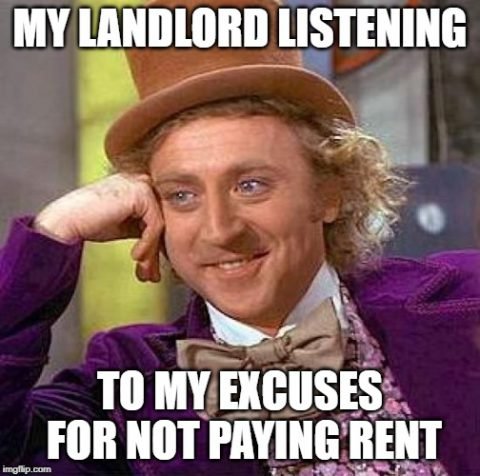
This, in turn, leads to another common issue, which is…
Eviction
There can be a variety of reasons why a landlord would want to evict their tenant from the property. However, the landlord cannot simply just throw out their things and change the locks. (That is blatantly illegal.) First, before pursuing any legal action, the landlord must first put in writing a formal demand for the overdue rent or claims for serious damage to the property. It can be in the form of a letter, email, even Whatsapp message – as long as there is proof of the exchange, which can be used as evidence later, if things cannot be settled amicably. Next, if the tenant still refuses to move out and continues occupying the property without paying rent, the landlord is entitled to give a notice of termination to the tenant. As a last resort, the landlord can then file a suit against the tenant for the outstanding rental amount, and seek a court order for vacant possession of the premises. This process usually takes about 3 months.
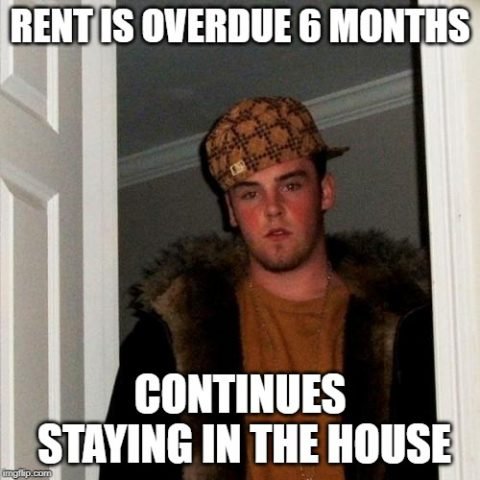
Renewal of Tenancy Agreement
Well, what if the tenant is okay, and decided to continue renting the property? In that case, an extension or renewal of the tenancy agreement is in order. A new tenancy agreement should be drawn up because the old agreement would be null and void. With the (re)newed agreement, the landlord is protected from non-payments, illegal usage of premises, structural changes to said property, and most importantly, provides a structured time frame of term of stay for the tenant. At the same time, the tenant is protected from being given undue and unfair notice of termination from the landlord. Registered agents can prepare the tenancy agreement and have it stamped. All preparation costs and necessary stamp duties are usually borne by the tenant renewing the tenancy term.
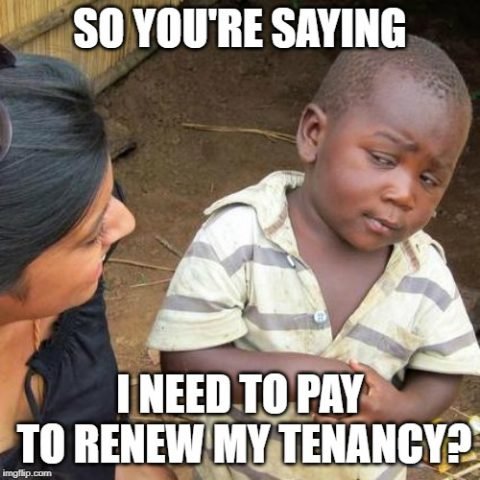
Property Damage
The last, but definitely not least, item on this list of common landlord problems is the issue of property damage. In fact, one of the biggest issues that concerns landlords is tenants who purposely cause damage to the property they are renting before leaving the property. Thus, it is vital to take photos of the property before it is rented out, and take another set of pictures after the tenant moves out. It also also important to note that the photos should retain the time and date stamp or information on them, as it can help to prove the landlord’s case in the court. Keeping an eye on the property is also important, and sometimes the landlord must be allowed to access the property to perform routine maintenance and inspection.
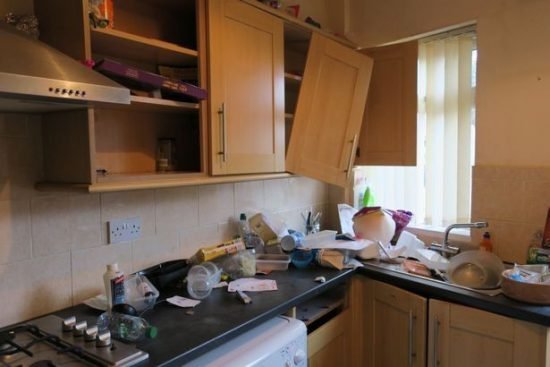
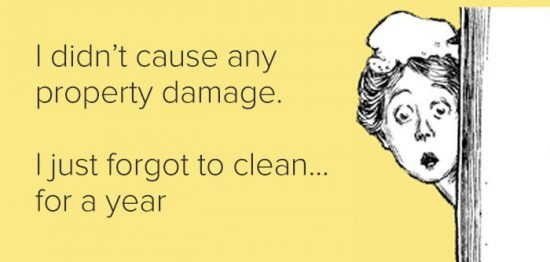
At the end of the day, maintaining regularly, friendly communication with tenants is always a great way to avoid further damages property. Likewise, tenants should be responsible for the property they are renting, and notify the landlord immediately when problems occur, so that it can be fixed as soon as possible. Do you have any landlord/tenant stories to share? We’d love to hear from you in the comments!
Download Landlord123 mobile app now to manage and protect your properties from damage!






